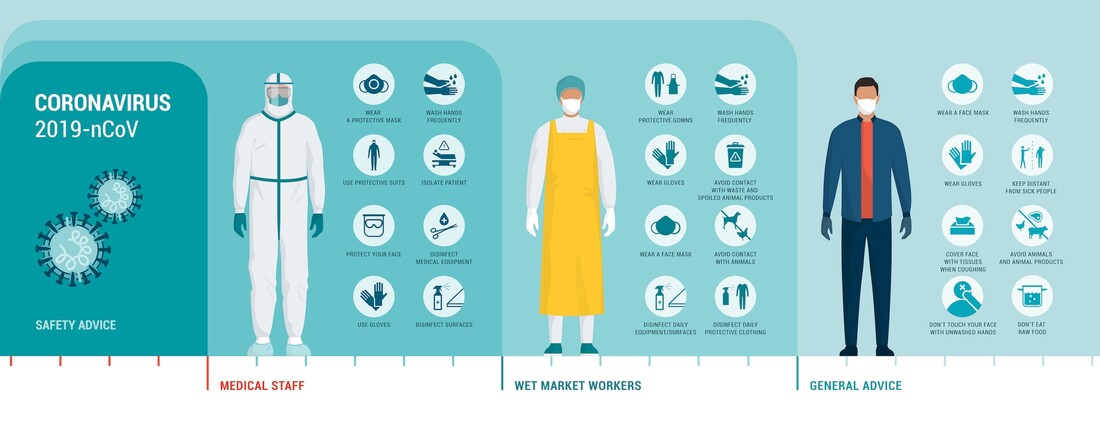
Up until recently, for most people across the globe, a commute to work was something of a given, with the length, breadth and challenge of these commutes varying.
For some, your workplace could be your home, or a few streets away. For others, getting to work involves a stressful mix of trains, busses, car journeys & speedy walks in the rain, culminating in a multi-hour commute.
But in 2020, is this necessary? In the face of the recent global Covid-19 pandemic, businesses worldwide opened the floodgates for flexible working arrangements in multiple sectors, as the struggle to contain and delay the virus grew. Despite this, there is a chance that many of these businesses could revert to their old customs. Here’s why avoiding the rush hour commute could be positive for your business.
The Ever-Increasing Irish Commute
Irish workplace culture remains very much on a 9-5 basis, yet the commutes seem to grow increasingly worse.
1 in 10 Irish commuters spent an hour or more commuting to work in 2017, a 31 % increase in the 5 years previous. Meanwhile, AA found earlier this year that over half of Irish drivers spent longer commuting from work than they did in 2019.
While urban areas such as Dublin & Cork bear the brunt of Irish commuter woes, rural areas consistently suffer from poor transport connections, leading many people to overcrowd Ireland’s cities and only add to the increasing traffic pressures.
Something clearly must give – could it be your business’ working hours?
While our previous article delved into the possible pitfalls flexible working arrangements can present to your staff & business, flexi-time also provides the opportunity to calm the pressure on your commuting colleagues, leading to better performance & better work-life balance.
The Benefits & Necessity to Calm The Rush Hour Commute
- Better Workplace Health
Introducing the opportunity to be flexible on working hours will allow colleagues to stagger their commutes, meaning less time in a car, bus or train, and more time in work, happy & ready for the day ahead.
Meanwhile, for colleagues with personal dependents, flexi-time will give them the opportunity to get back home when they are needed, and not worried about the evening rush-hour commute ahead of them which could mean a missed swimming lesson, or a late departure from childcare.
- Better Talent Retention
By providing flexible working arrangements, this can ease staff stress around commuting, giving them back more time to be at home rather than travelling to and from work.
By doing so, you will most likely retain more talent and avoid the risk of a skills gap simply due to the location of your offices.
3. Better Business Performance
Psychologist Shawn Achor reflects: “Happiness inspires productivity” - the same can be said for your workers. Replacing the stress & pressure of the traditional rush hour commute with more flexible working hours will mean that your staff can enjoy shorter & less stressful commutes.
Coupled with the result of increased home time and a calmer start to the working day, your colleagues will be ready & willing to perform to a much greater capacity without the dreaded evening commute looming over them as the day wears on.
By taking this small step to changing the way your organisation & staff work, your business performance will increase - make flexible working arrangements beneficial & necessary for your business this year.


 RSS Feed
RSS Feed